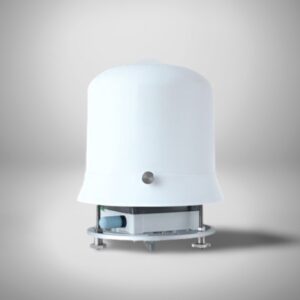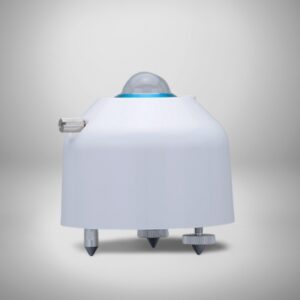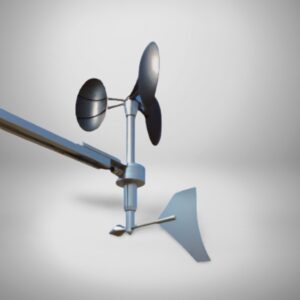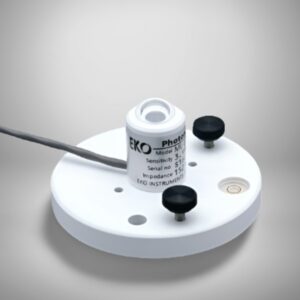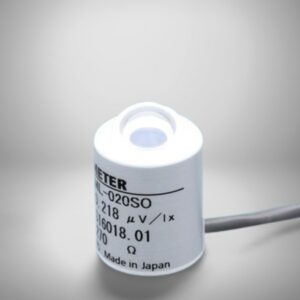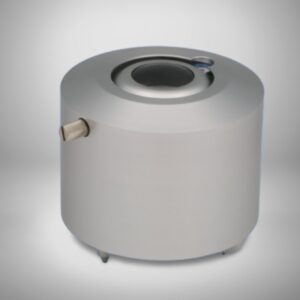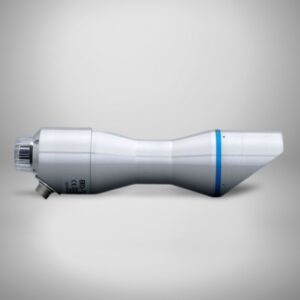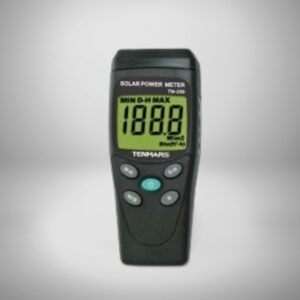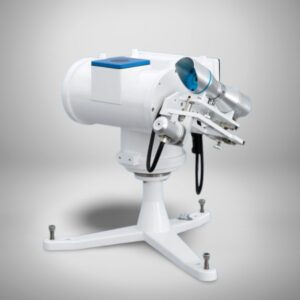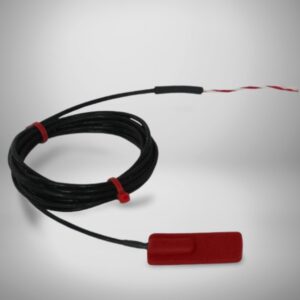Introduction
Highway and expressway weather monitoring are crucial for ensuring the safety of drivers and passengers. Accurate and real-time weather data can be collected and analyzed through advanced weather sensors, allowing authorities to quickly respond to potential hazards and minimize the risk of accidents and delays. Compared to traditional methods such as manual observations and radar, weather sensors provide a more efficient and accurate way to monitor weather conditions along highways and expressways.
Highways Performance Evaluation & WMS
With the use of weather sensors, authorities can detect inclement weather conditions at an early stage and take proactive measures to reduce the risk of accidents and delays. For instance, sudden drops in temperature can indicate the formation of black ice, prompting authorities to quickly deploy salt trucks to treat the affected area. Real-time data collected by weather sensors can also be used to create detailed weather forecasts, allowing authorities to plan for potential hazards and make informed decisions.
Weather sensors used for highway and expressway weather monitoring are designed to withstand harsh weather conditions and can be installed in various locations such as on the side of the road, overpasses, and bridges. This comprehensive coverage ensures that no weather conditions go undetected.
The Importance of Weather Stations for highway weather monitoring
Weather stations provide real-time data on weather conditions such as temperature, humidity, wind speed, and precipitation. This information is critical for making informed decisions about managing highways and expressways. With accurate and timely weather data, authorities can optimize their response to weather-related hazards and minimize the risk of accidents and delays.
The benefits of using weather stations for highway weather monitoring are many. They can help reduce costs by minimizing the use of resources, and the sustainable use of resources can help protect the environment. With accurate and timely weather information, authorities can make informed decisions that can ultimately help increase the safety of drivers and passengers while minimizing the impact of weather-related accidents and delays.
In conclusion, weather sensors and weather stations are essential tools for highway and expressway weather monitoring. By using these tools, authorities can ensure the safety of drivers and passengers while minimizing the impact of weather-related accidents and delays. Real-time and accurate weather data are critical for making informed decisions and taking proactive measures to respond to potential hazards.
The main components of weather monitoring systems used in agriculture weather monitoring are given below.

Measures solar radiation levels from the sun in watts per square meter (used to calculate ‘Evapotranspiration’, the rate at which water evaporates from the soil).
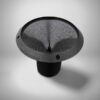
A rain gauge is a device that measures the amount of precipitation, typically rainfall, that has fallen over a specific period of time. Rain gauges are commonly used in weather monitoring, but they can also be used in highway monitoring to measure the amount of rainfall that has occurred on the highway and surrounding areas.

Anemometer is a device that measures the speed and direction of the wind. While anemometers are commonly used in weather monitoring, they can also be used in highway monitoring to measure the wind speeds that affect vehicles traveling on the highway.
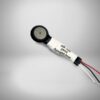
A Barometric Pressure refers to the pressure exerted by the Earth’s atmosphere at a particular location. This pressure can be measured using a barometer and can provide useful information for highway monitoring.
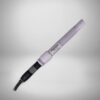
An ambient temperature sensor in a solar PV plant measures the external temperature around the solar panels and provides real-time data to the system. This information is used to optimize energy production and maintain the plant’s overall performance, as temperature changes can impact the solar cells’ efficiency.

A module temperature sensor measures solar panel temperature, provides real-time data, and optimizes energy production, preventing overheating and ensuring performance and longevity.
Related Products
-
₹1,357,000.00₹1,221,300.00Make: Eko Model: ASI-16 All Sky…
-
₹328,583.48₹246,437.61Make: Eko Model: MS-80S ✅ The MS-80S…
-
₹70,800.00₹63,720.00Make: Barani design Model: MeteoWind® Compact ✅…
-
₹76,700.00₹69,030.00Make: Eko Model: ML-020P ✅ Small sensor…
-
-
₹590,000.00₹531,000.00Make: Delta ohm Model: MS-21 ✅ The…
-
₹402,770.37₹282,900.22Make: Eko Model: MS-57 ✅ Ultra-fast and…
-
-
-
Make: Schelt Technology Model: Tmodule ✅ The…

